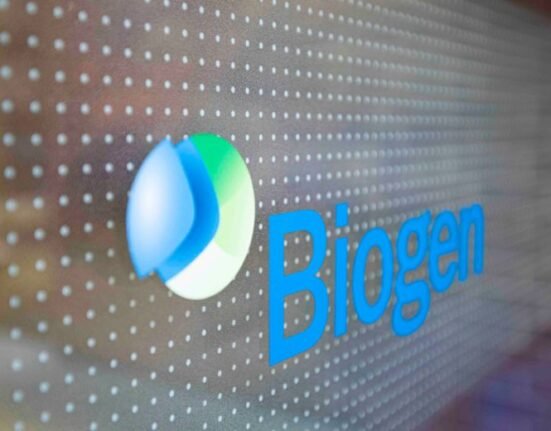HQ Team
February 1, 2024: Amyotrophic lateral sclerosis (ALS), also known as Lou Gehrig’s disease is a rare neurodegenerative disorder affecting both upper and lower motor neurons. Despite years of research, any lasting cure for the disease remains elusive.
A recent study on ALS published in PLOS Biology, led by Jeffrey Agar of Northeastern University, unveils a potential breakthrough against ALS.
Malfunctioning gene
The research team, after 12 years of study zeroed in on enzyme, SOD1, as responsible for ALS. They found mutations in the gene responsible for SOD1 production contribute to ALS cases. The malfunctioning gene leads to misshapen proteins, triggering not only functional impairment but also the formation of protein clumps, characteristic of various neurodegenerative diseases.
The team identified a “molecular stabilizer,” S-XL6, acting like a “stitch” to maintain the correct configuration of the SOD1 protein. The challenge was to ensure it only targeted SOD1, avoiding harmful effects on other proteins. Testing in genetically modified mice with ALS showed not only restoration of protein function but also prevention of secondary toxic effects.
The team carried on trials on animals with some encouraging results and now the team is ready to move on to human trials. An investor has acquired the patent rights, signifying potential financial support. If successful, Agar envisions S-XL6 becoming a co-treatment with Biogen’s Qalsody, a regimen approved by the FDA in 2023 for reducing SOD1 gene copies.
Previous research
Verge Genomics, backed by Eli Lilly and Merck & Co., has started human clinical trials with a drug discovered and developed using artificial intelligence (AI). The San Francisco-based company dosed the first patient with a therapy named VRG50635 for the treatment of amyotrophic lateral sclerosis (ALS), according to a company statement.
The US Food and Drug Administration last year cleared Biogen Inc’s drug, branded as Qalsody, to treat amyotrophic lateral sclerosis (ALS), an aggressive and rare form of the disease in adults.
Qalsody is the first approved treatment to target a genetic cause of ALS. Biogen collaborated with Ionis Pharmaceuticals on the early development of the drug, also known as tofersen, according to a company statement.
This research paves the way for innovative treatments that could transform the lives of those affected by this devastating disease.
ALS prevalence
ALS results in progressive loss of motor and cognitive function, often leading to death within five years of diagnosis. A recent review, encompassing studies published between 2010 and 2021, sheds light on the prevalence, incidence, and mortality of ALS. With 140 relevant studies included, the majority were conducted in Europe and North America. Notably, Europe exhibited an average annual crude incidence ranging from 1.11 to 5.55 per 100,000 person-years, while in North America, the incidence varied from 0.50 to 3.29 per 100,000 person-years.








